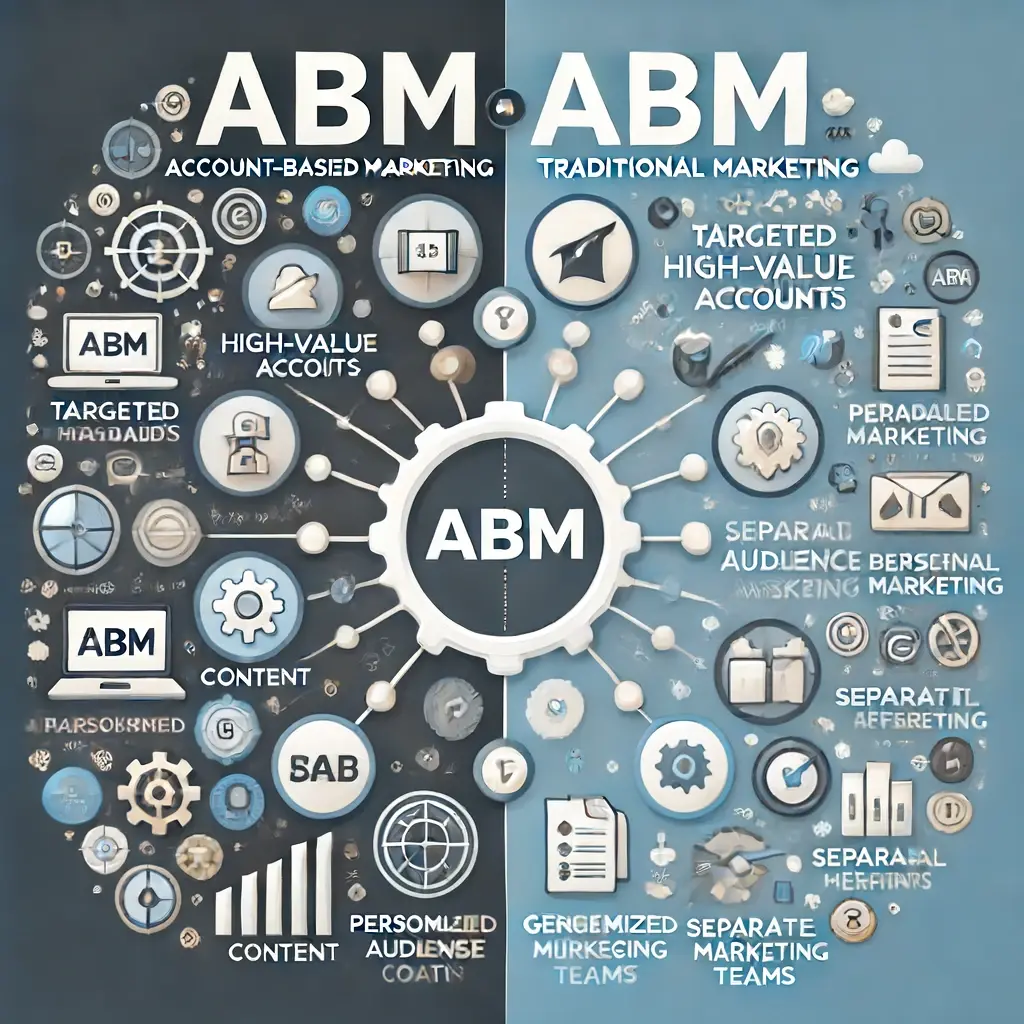In the dynamic world of B2B marketing, Account-Based Marketing (ABM) has emerged as a transformative strategy. Unlike traditional marketing approaches that cast a wide net in the hope of catching a few leads, ABM is highly focused, aiming to engage specific high-value accounts. This targeted approach not only increases the efficiency of marketing efforts but also leads to higher conversion rates and improved ROI.
ABM works by identifying key accounts that are most likely to benefit from a company's products or services and then tailoring marketing efforts to meet the unique needs of those accounts. This method allows businesses to create personalized campaigns that resonate deeply with their target audience, fostering stronger relationships and driving more meaningful engagement.
One of the key advantages of ABM is its ability to align marketing and sales teams. When both teams work together to identify target accounts and develop strategies to engage them, the result is a more cohesive and effective approach to customer acquisition and retention. Leveraging data and technology, ABM enables companies to deliver personalized experiences at scale, ensuring that every interaction with a potential customer is relevant and impactful.
In today's highly competitive market, implementing a robust ABM strategy is essential for businesses looking to maximize their marketing impact. By focusing on high-value accounts and delivering tailored content and experiences, companies can achieve better outcomes and build lasting relationships with their most important customers.
Whether you are new to ABM or looking to refine your existing strategy, understanding the core principles and benefits of ABM is the first step towards enhancing your marketing efforts and driving business success.


